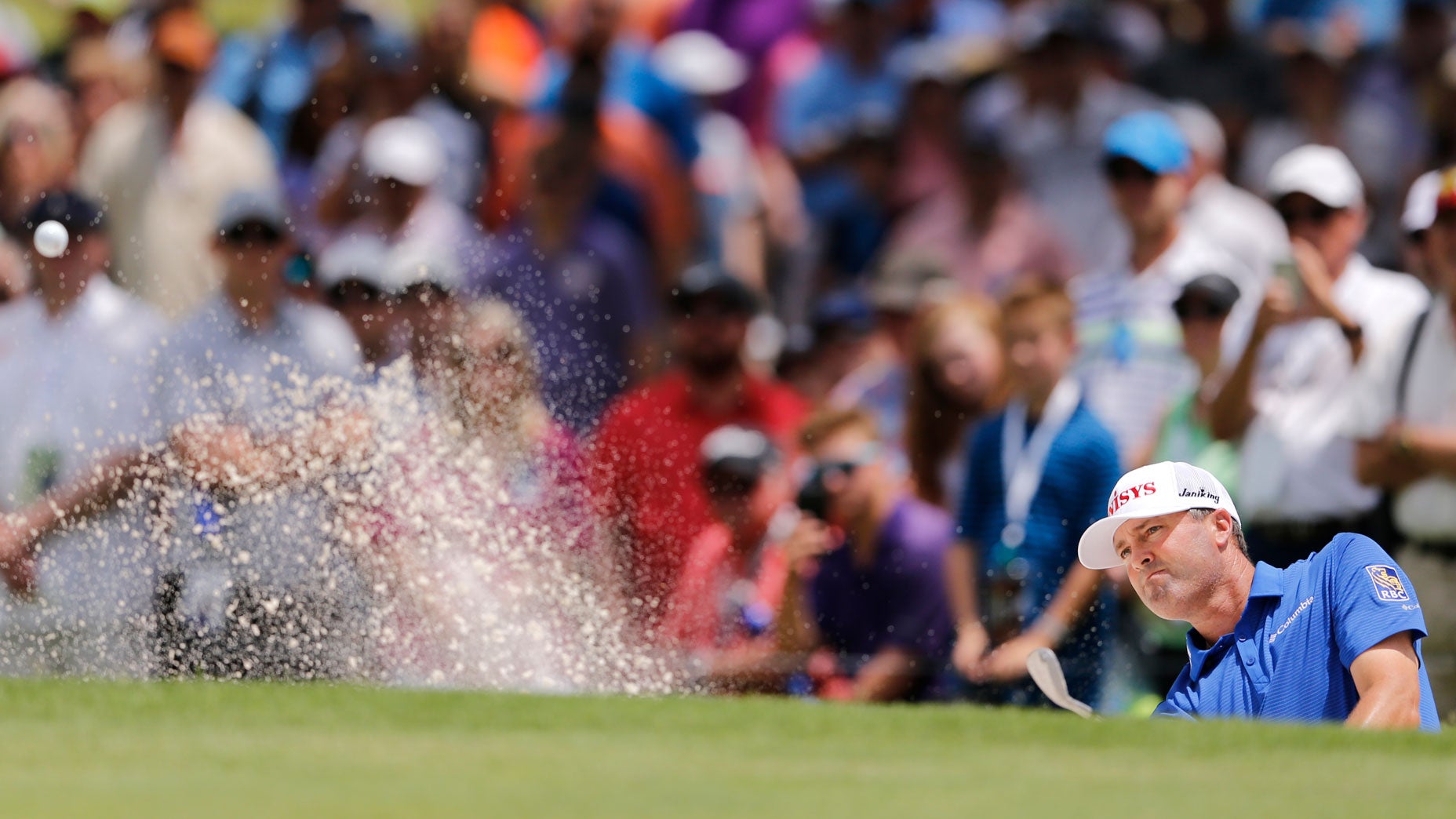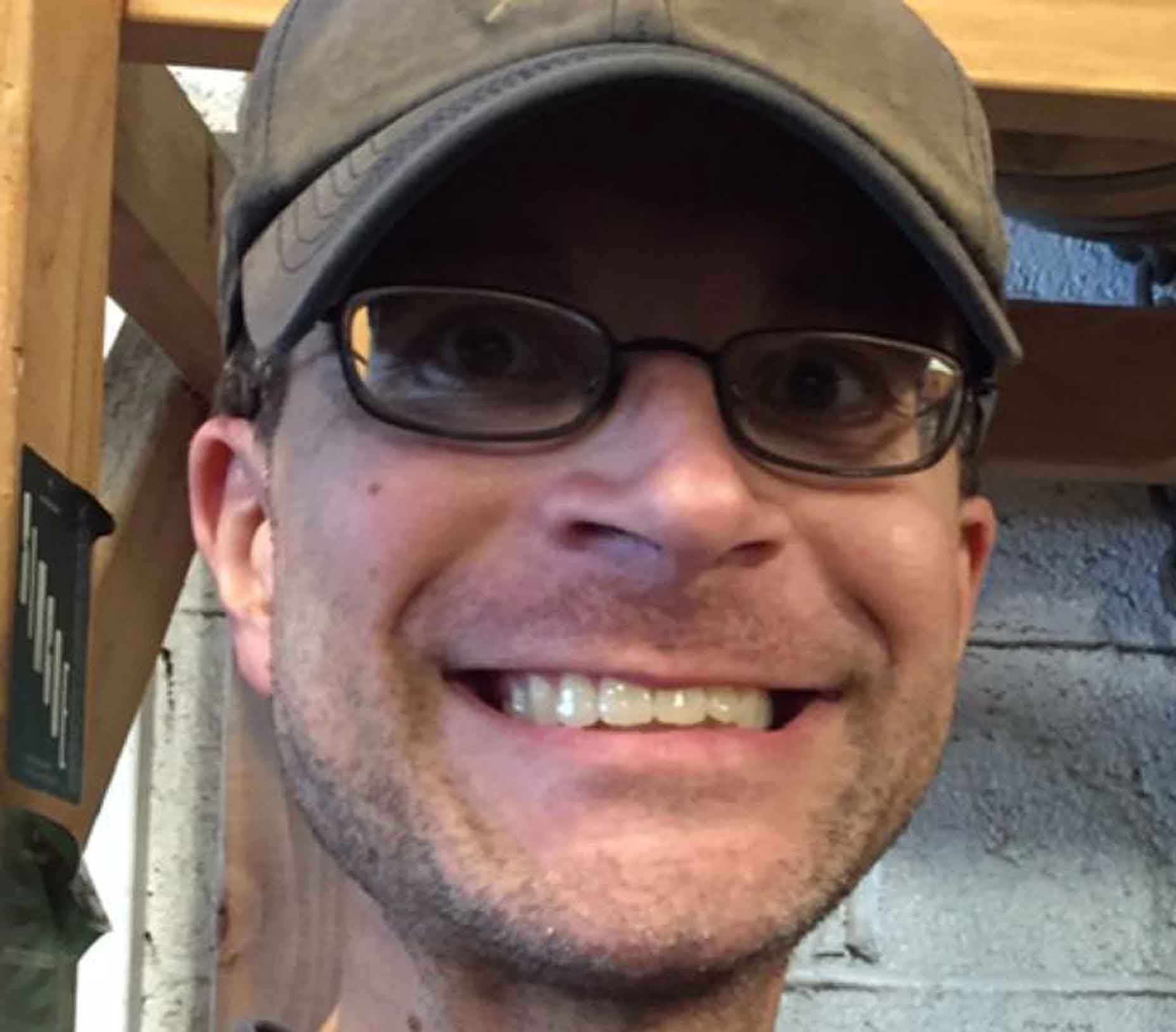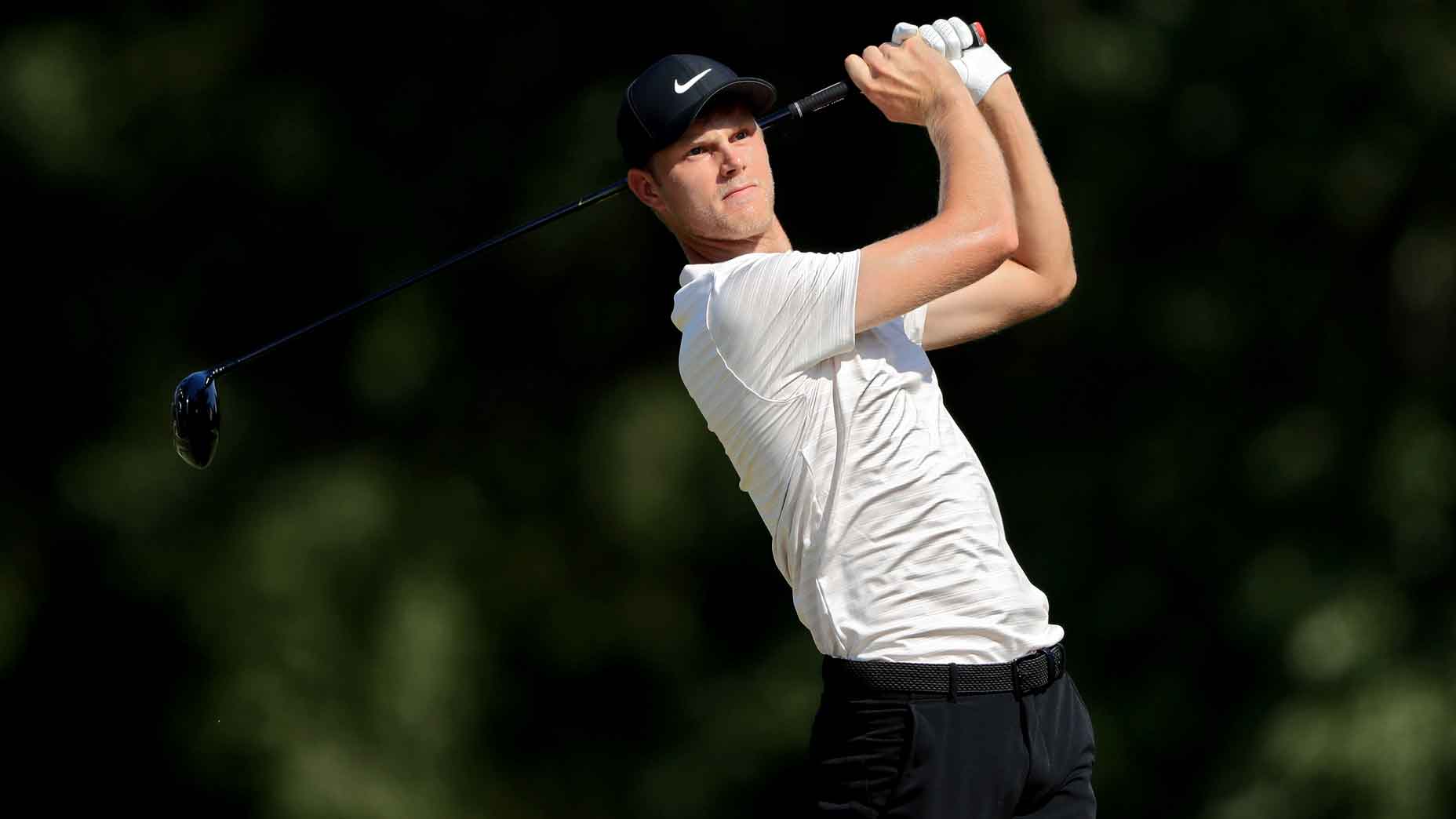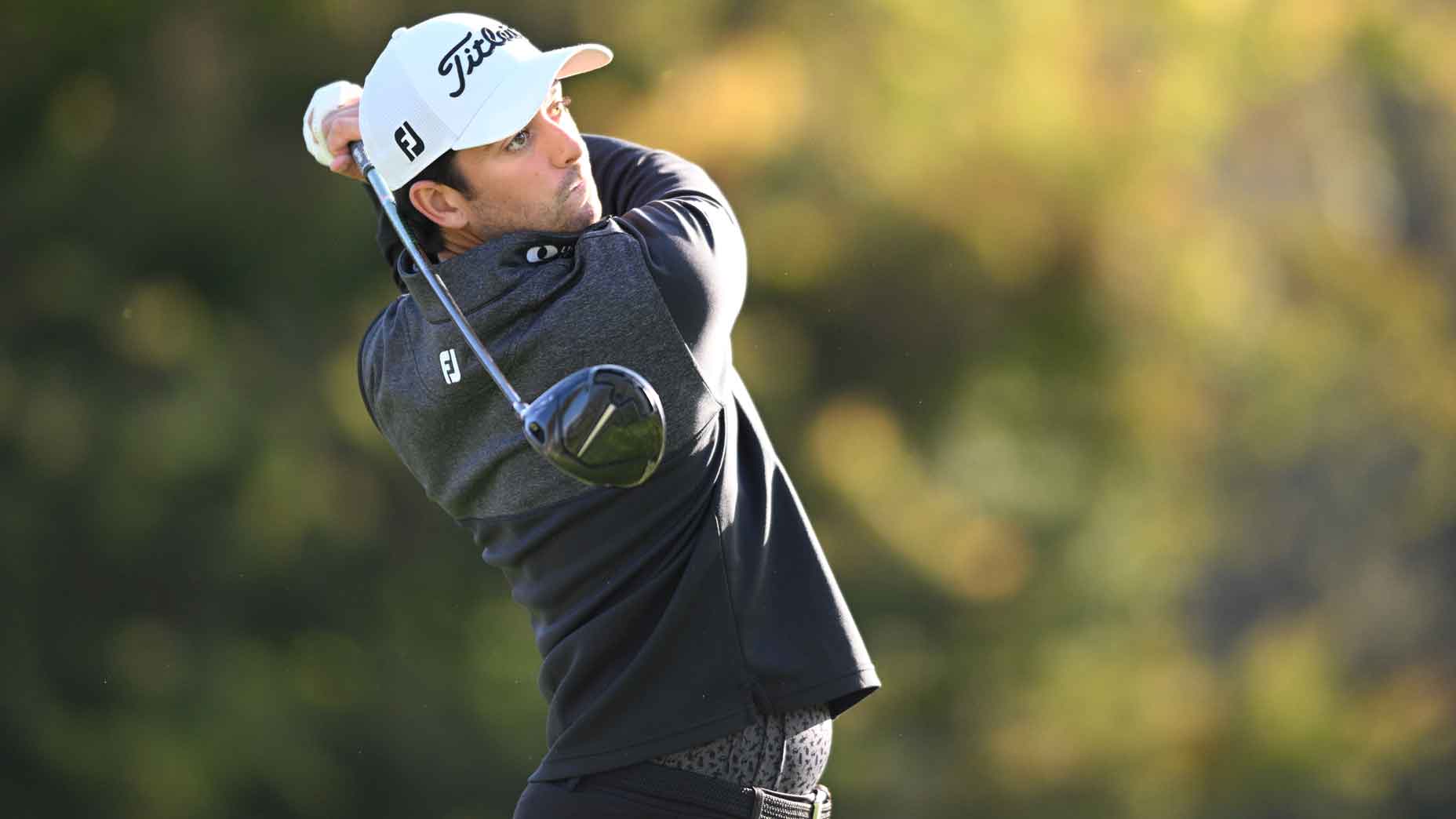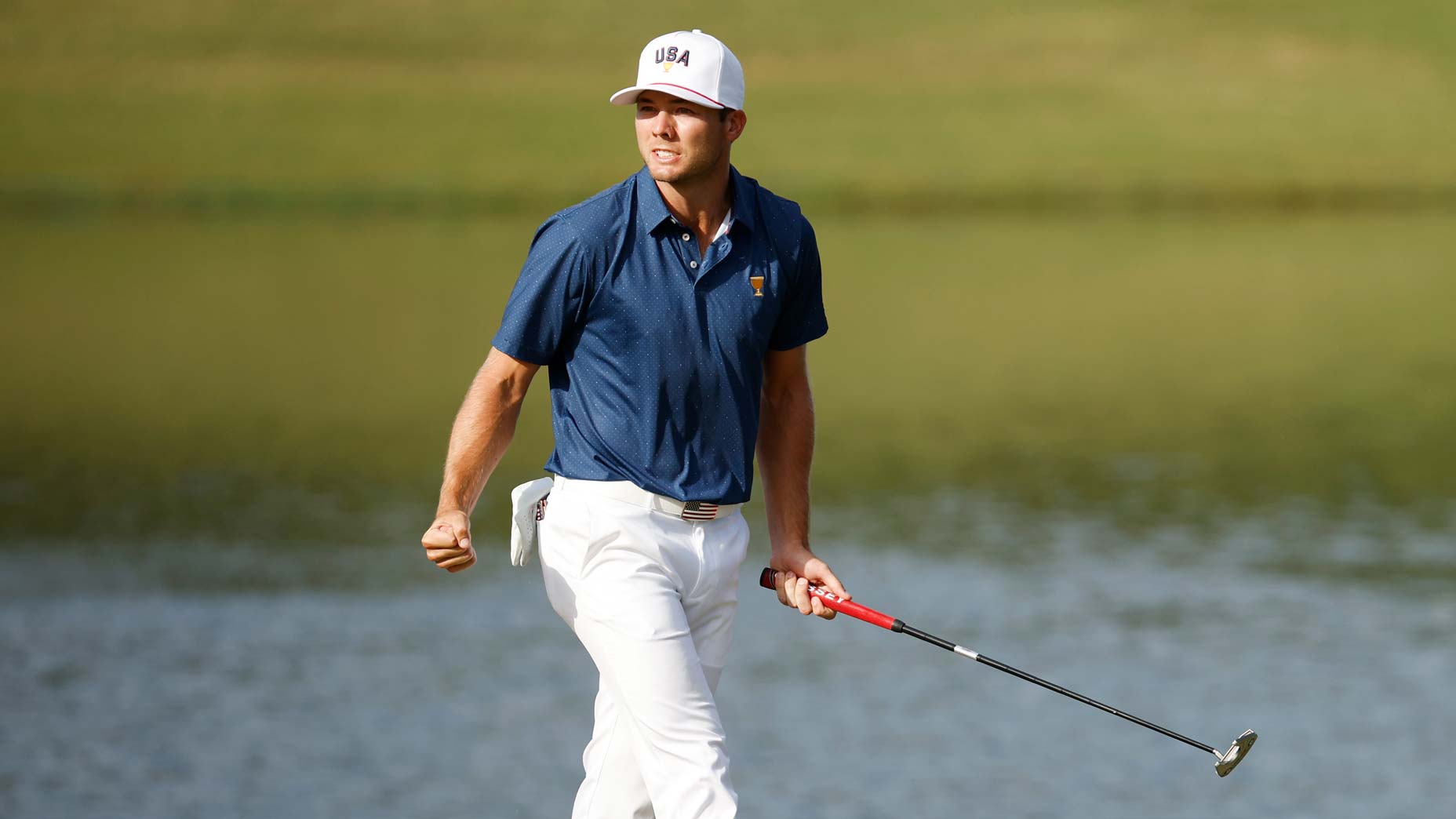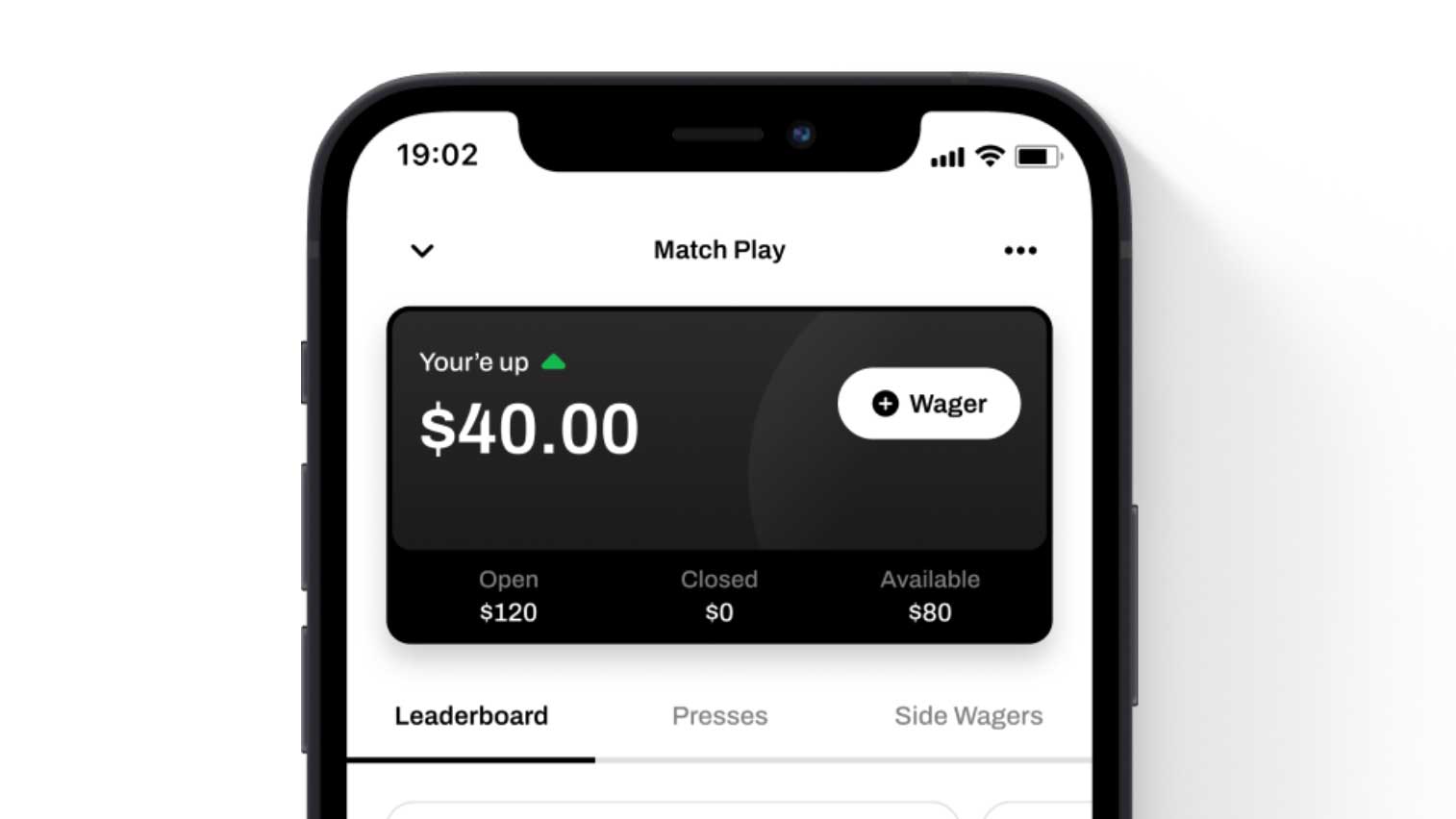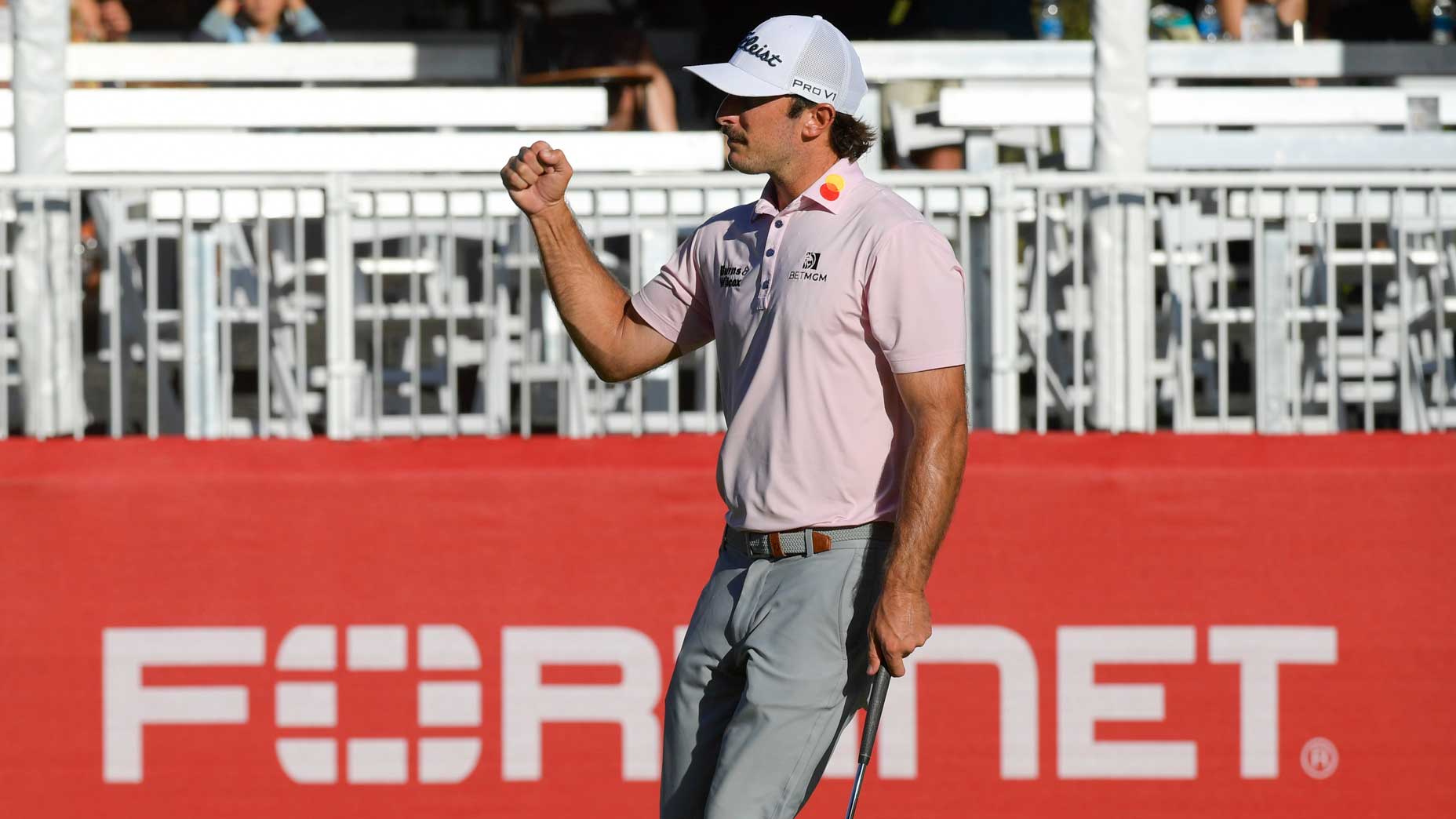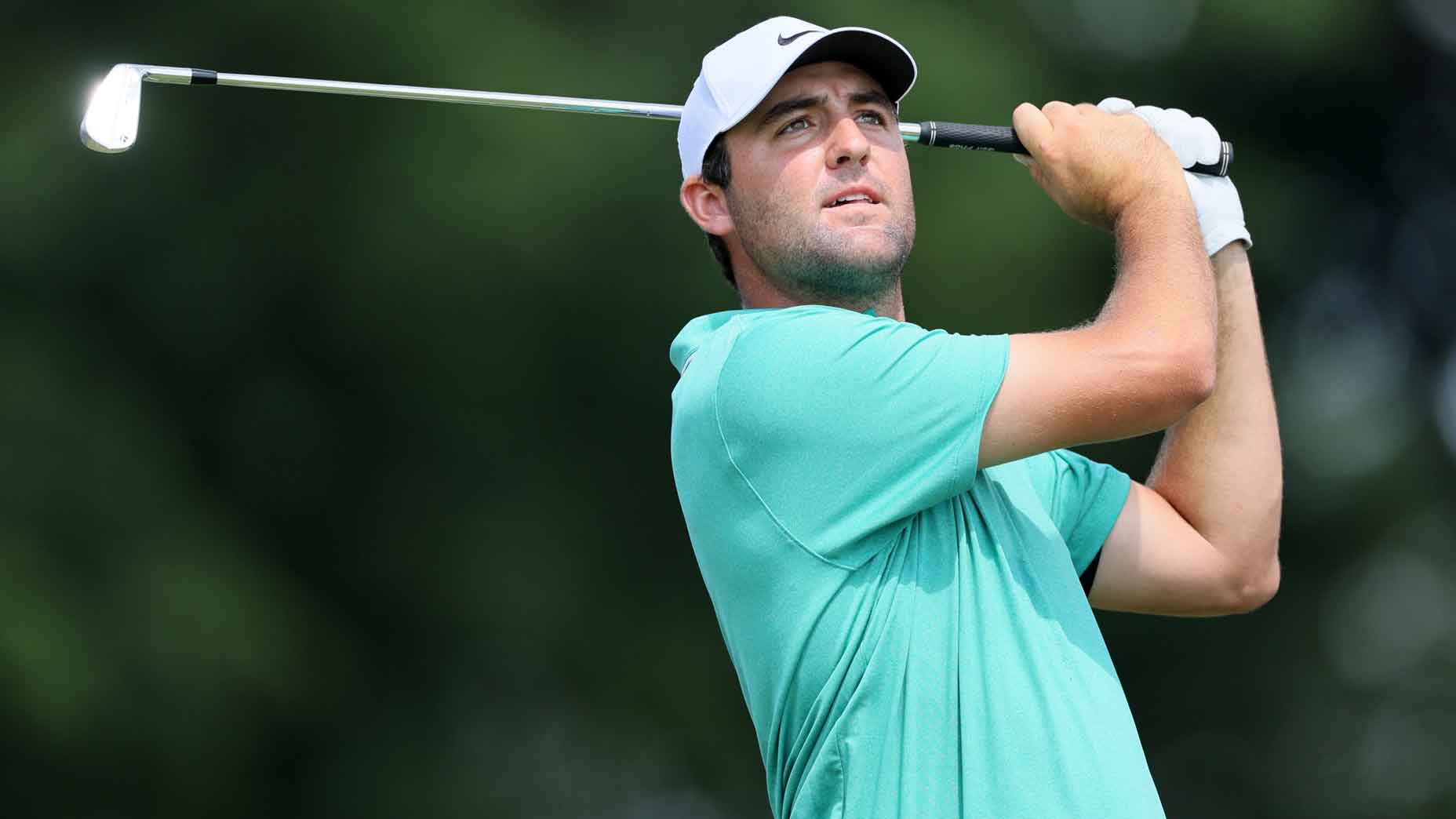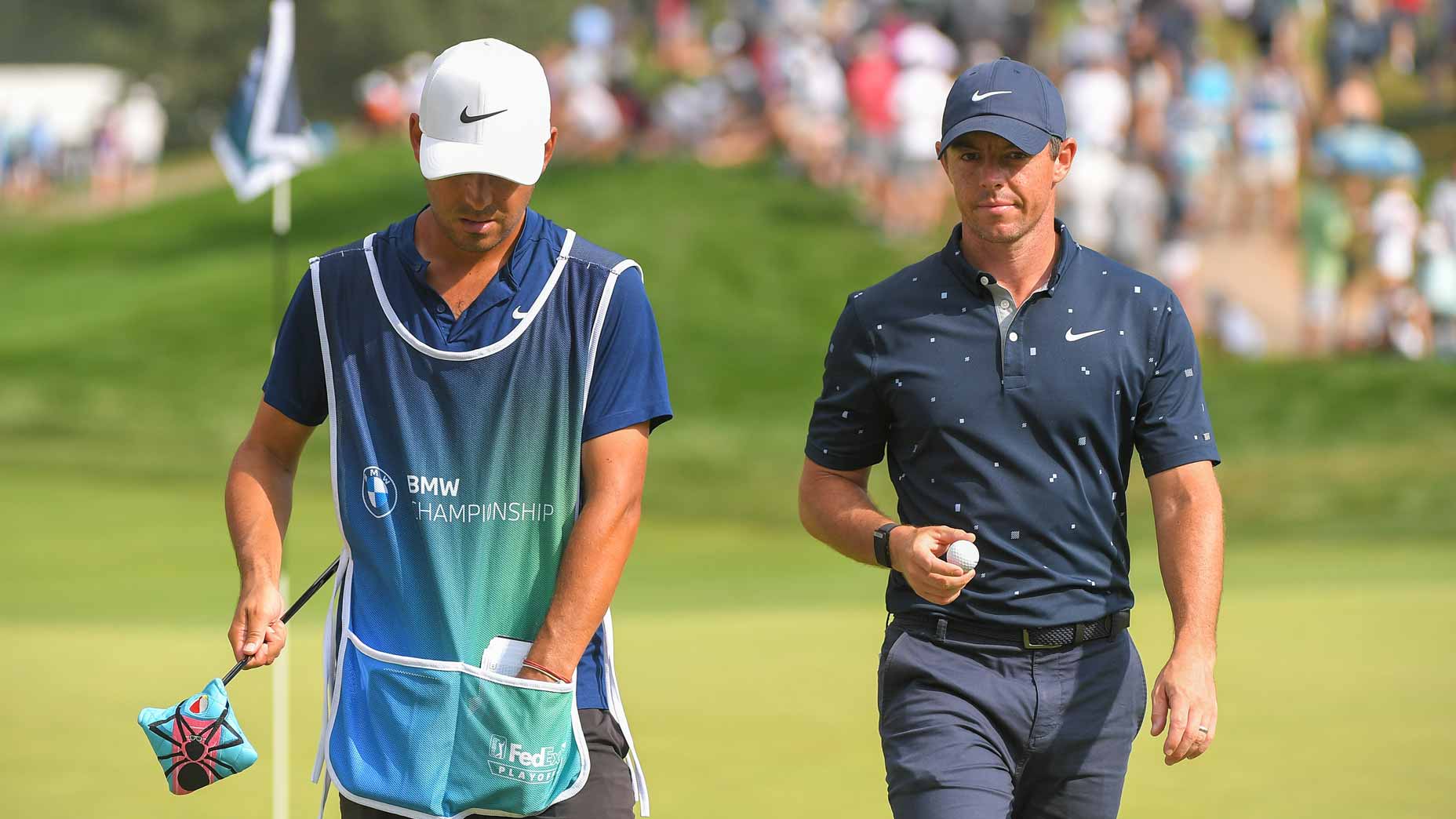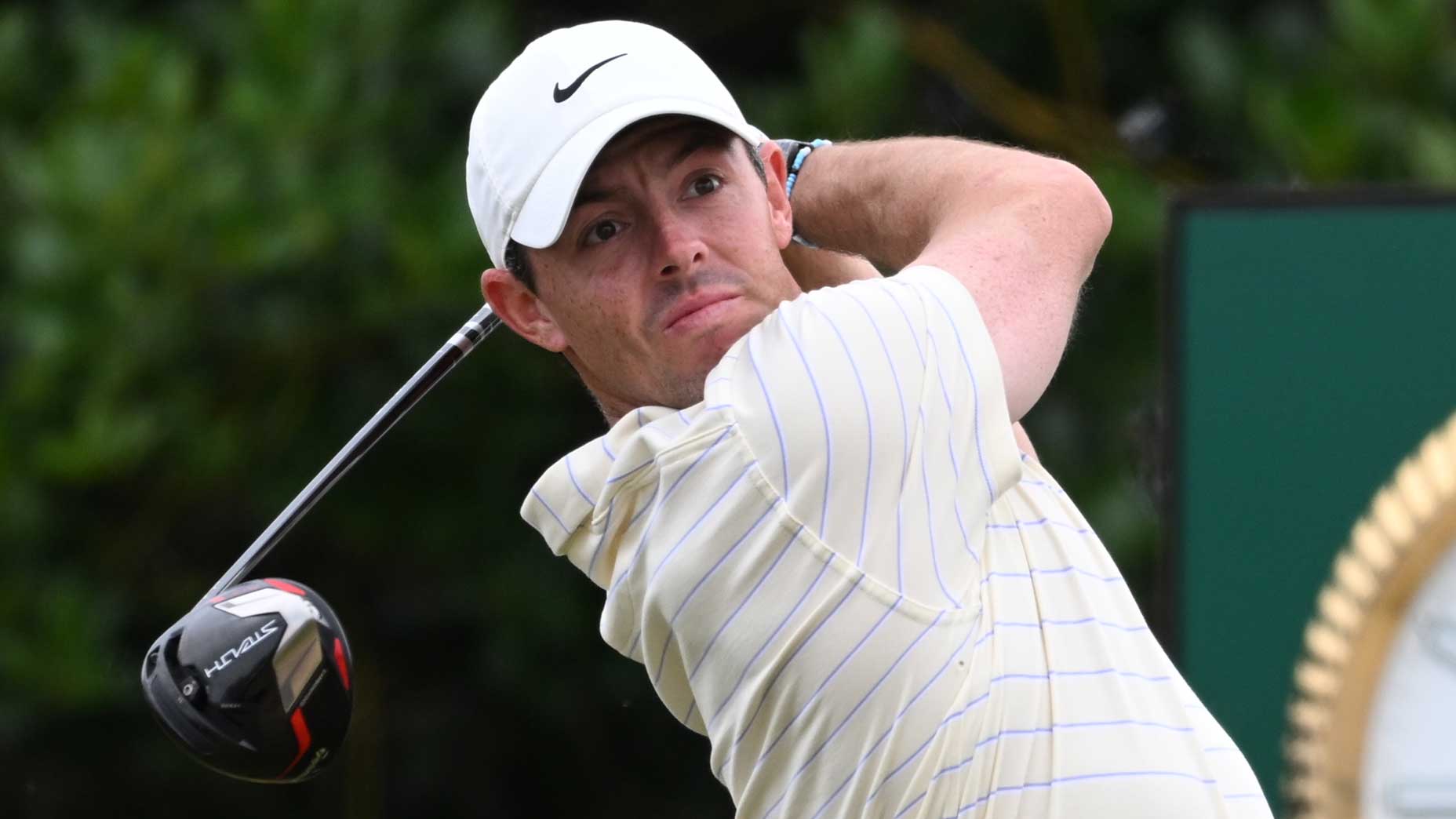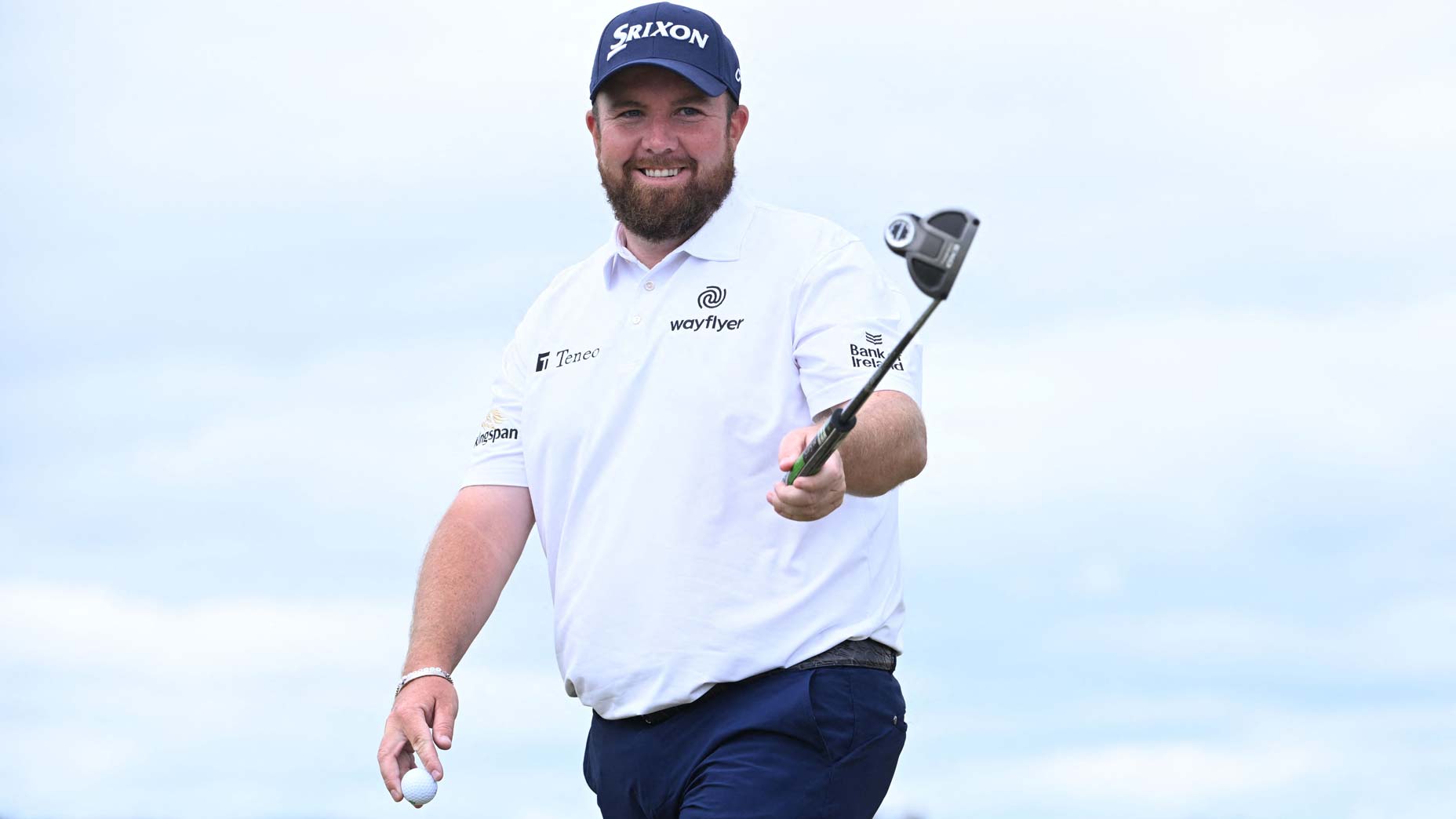As the PGA Tour returns Thursday after a nearly three-month shutdown due to the spread of the coronavirus, so does betting on the PGA Tour. How can you cash in? Let this series help. Part I is here. Part II is here. Part III is here.
Ryan Palmer lives close to Colonial Country Club in Fort Worth, Texas. He’s also a member there. In late April, about a month into the PGA Tour’s hiatus due to the coronavirus pandemic, he even told GOLF.com in an “At Home” video that he was playing the course that day. His memories are good, too, with four rounds in the 60s last year during the Charles Schwab Challenge, the Tour’s tournament there.
The same course and tournament are being played this week, the Tour’s first event in three months.
Cha-ching?
A home-course advantage, especially now, is among your betting advantages, four golf gambling experts said independently over email.
“A golfer’s course fit might help them regain their confidence and form at a quicker rate,” said Jeff Sherman, Westgate Las Vegas Resort & Casino vice president of risk management and golf oddsmaker.
“… Another note to consider in the early going here is where players live,” said Brady Kannon, a member of the Vegas Stats & Information Network and a host of the website’s “LongShots,” which airs every Tuesday through the Masters.
“… That’s why I’m looking at some players who aren’t necessarily the favorites, but have logged a lot of rounds and have been regular players in this event. One example would be Ryan Palmer, who resides just outside of Fort Worth,” said Wes Reynolds, also a member of the Vegas Stats & Information Network and a host of “LongShots.”
“Recent play is totally out the window, putting even greater emphasis on the course and how they have managed the course in the past,” said David Bearman, ESPN deputy editor – sports betting.
Sherman, Kannon, Reynolds and Bearman were asked for short-term and overall advice. Here’s what they said:
Jeff Sherman, Westgate Las Vegas Resort & Casino vice president of risk management and golf oddsmaker
Short-term advice
I would place more emphasis early on course form than one might have before the lengthy layoff. There might be some insight available into who has put recent time in (i.e. Viktor Hovland and Scottie Scheffler at the two Maridoe Samaritan Fund Invitationals in Texas), but a golfer’s course fit might help them regain their confidence and form at a quicker rate.
Overall advice
Focus on matchups over outright odds. The hold percentages in the outright markets are obviously not nearly as favorable (to the bettor) as a head-to-head matchup or proposition. Also, matchup prices are more indicative of a golfer’s relative power rating, thus their relative odds in the outright market might not correlate with the matchup price in the marketplace.
PGA Tour golfers aren't the only ones who can make some 💰 starting next Thursday. You can too! Here are a few tips. https://t.co/uldLYRZvRh
— Nick Piastowski (@nickpia) June 5, 2020
Brady Kannon, a member of the Vegas Stats & Information Network
Short-term advice
Let me preface that my betting and tracking of the golf season basically ends with the Tour Championship in late August and then I switch to football. I will observe the offseason events but no longer spend the hours handicapping and such – and rarely bet on golf during this time, if at all. When the new year begins and they tee it up at Kapalua, I start observing in earnest once again – for about a month – and then Torrey Pines for The Farmers usually marks the beginning of “my season.”
I see a similarity here. My advice and what I might do are let another few weeks go by – as another early season observation period for me. Just as the Tour and the players seek to get back into a rhythm, I feel the same about myself – wanting to get a feel for the flow of things possibly before I start plunking my money down.
Everyone is excited to “get back in action,” but let’s be smart about this and always try to give ourselves the best opportunity to find an edge. Heading into Colonial, it is awfully hard, in my opinion, to find a logical edge.
Another note to consider in the early going here is where players live. Players residing in Florida and Arizona are going to have had a lot more opportunity to practice than, let’s say, someone from California – for Covid-19-related reasons.
Overall advice
Once play on Tour begins to appear as normal again – players are in good form; they have adjusted to the changes – we want to make sure as handicappers and bettors that we are on the same timeline as the players as far as our own progress in adjusting. Please note, too, that many of the statistics we refer to when handicapping a field are going to be a bit misleading. You have the Tour stats through one round of the Players Championship, and then you’re going to have another 3-4 weeks adding to those overall grades. Another reason to maybe dive back in slowly – to let the stats begin to develop and tell a better story, which will happen only after more and more rounds are completed.
After this, my golf betting advice probably becomes the same as it always is, regardless of a layoff or not. I always recommend risking more dollars on head-to-head matchups – full tournament than I do on the futures market and outright tournament winners. It is a little bit like a straight bet on one football game versus trying to hit a parlay. I prefer to make a confident wager on one game (head-to-head matchup) for whatever your bankroll unit happens to be – and then parlays, futures, the longer shot stuff should be dumbed down quite a bit, in my opinion, and only a small percentage of your typical unit should be risked in these markets.
Wes Reynolds, Vegas Stats & Information Network member
Short-term advice
We are in a unique situation, as the entire Tour has essentially had a three-month break from tournament play due to the pandemic. That is why I am leaning more heavily toward course form in the first few events. Colonial is not an overwhelmingly difficult course for PGA Tour professionals. The average winning score over the last 10 years is around 14-under, but it is still a tricky track where there’s always a premium on ball-striking. By virtue of certain players’ experience, they will be more familiar with the various angles and overall layout of the course. They’ll know where they can attack pins and where they will be better served to play it safe. That’s why I’m looking at some players who aren’t necessarily the favorites, but have logged a lot of rounds and have been regular players in this event. One example would be Ryan Palmer, who resides just outside of Fort Worth. He plays here every year and shot all four rounds in the 60s in the 2019 event, tying him for sixth.
The first event at Colonial currently has 16 of the top 20 players in the world golf rankings committed to play. Some of those players have recent success here (Justin Rose – 2018 champion; Jon Rahm – 2017 runner-up, Brooks Koepka – 2018 runner-up), some are making their first appearance in years (Dustin Johnson), and some are playing the event for the first time in their respective careers (Rory McIlroy).
Due to the obvious quality of the field, you can’t necessarily ignore top players, but the best way to attack the odds board from a futures standpoint is to mix up the portfolio with some shorter or medium-sized prices and then even out the dollar amounts by betting less on longer shots, which I usually recommend in most tournaments.
Overall advice
When it comes to giving advice to newer or beginning golf bettors, I always recommend recent form and course form as a bettor’s baselines for handicapping a futures market. As those bettors get more experienced and obtain more knowledge, then they can get more into statistical analysis, which has become more sophisticated over the past several years, especially with the addition of the strokes gained categories. Advanced metrics in sports betting used to be limited to baseball, but in recent years, has extended across all sports, and golf is certainly no exception.
David Bearman, ESPN deputy editor – sports betting
Short-term advice
These circumstances are obviously something we have never seen before. I usually pay a lot of attention to how golfers handle a certain course, as well as their recent play. Recent play is totally out the window, putting even greater emphasis on the course and how they have managed the course in the past. I would also try to find out (if possible) as much as I can on how active the golfer has been during the shutdown. We are talking close to three months without competitive golf.
Overall advice
Recent form, weather and type of course are very important when I go looking at futures. Is this someone who plays tight courses well with irons? Are they near top of the field at a course with tough greens? Weather can be a huge factor with golf, and the a.m./p.m. flights that golfers play in. Getting on the right side of a storm can be huge on the leaderboard.
